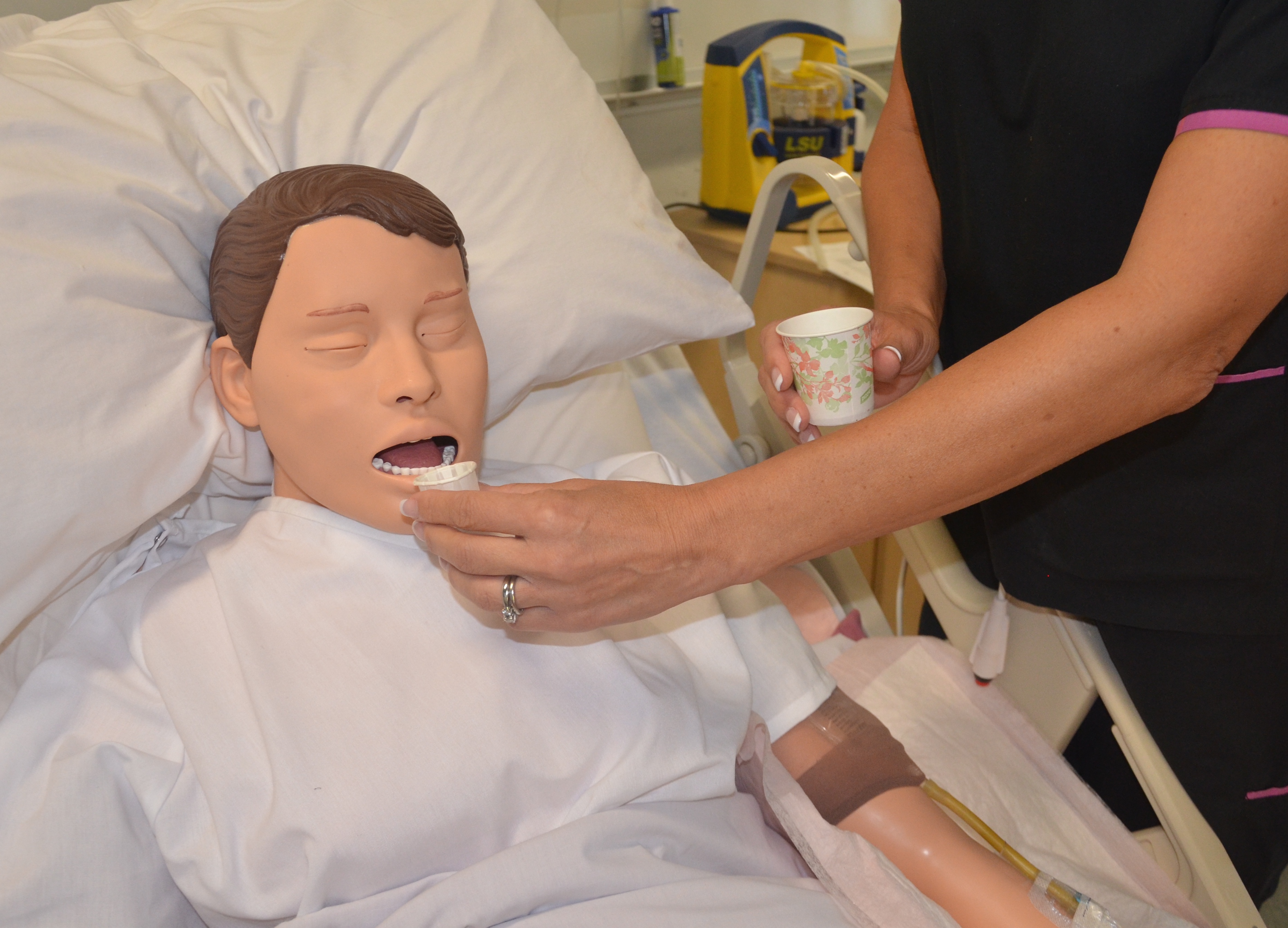|
Vonoprazan
Vonoprazan, sold under the brand name Voquezna among others, is a first-in-class potassium-competitive acid blocker medication. Vonoprazan is used in form of the fumarate for the treatment of gastroduodenal ulcer (including some drug-induced peptic ulcers) and reflux esophagitis, and can be combined with antibiotics for the eradication of ''Helicobacter pylori''. It was approved in Japan in February 2015, and in Russia in April 2021. Vonoprazan was approved for medical use in the United States in November 2023. Co-packaged combinations of vonoprazan with amoxicillin and vonoprazan with amoxicillin and clarithromycin are available. Medical uses Vonoprazan is indicated for healing of all grades of erosive esophagitis and relief of heartburn associated with erosive esophagitis in adults; to maintain healing of all grades of erosive esophagitis and relief of heartburn associated with erosive esophagitis in adults; in combination with amoxicillin and clarithromycin for the ... [...More Info...] [...Related Items...] OR: [Wikipedia] [Google] [Baidu] |
Vonoprazan/amoxicillin
Vonoprazan/amoxicillin, sold under the brand name Voquezna Dual Pak among others, is a co-packaged medication used for the treatment of ''Helicobacter pylori'' (''H. pylori'') infection. It contains vonoprazan (as the fumarate), a potassium-competitive acid blocker and amoxicillin, a beta-lactam antibiotic. It is taken by mouth. The co-packaged medication was approved for medical use in the United States in May 2022. Medical uses Vonoprazan/amoxicillin is indicated for the treatment of ''H. pylori'' infection in adults. Research The dual therapy of using vonoprazan with amoxicillin has been investigated for the treatment of ''H. pylori'' infection and also compared with the triple therapy of using vonoprazan, amoxicillin, and clarithromycin Clarithromycin, sold under the brand name Biaxin among others, is an antibiotic used to treat various bacterial infections. This includes strep throat, pneumonia, skin infections, '' H. pylori'' infection, and Lyme disease, a ... [...More Info...] [...Related Items...] OR: [Wikipedia] [Google] [Baidu] |
Vonoprazan/amoxicillin/clarithromycin
Vonoprazan/amoxicillin/clarithromycin, sold under the brand name Vonosap among others, is a co-packaged medication used for the treatment of ''Helicobacter pylori'' (''H. pylori'') infection. It contains vonoprazan (as the fumarate), a potassium-competitive acid blocker; amoxicillin, a beta-lactam antibiotic; and clarithromycin, a macrolide antibiotic. It was approved for medical use in Japan in 2016, and in the United States in May 2022. The US Food and Drug Administration (FDA) considers it to be a first-in-class medication A first-in-class medication is a pharmaceutical that uses a "new and unique mechanism of action" to treat a particular medical condition. While the Food and Drug Administration's Center for Drug Evaluation and Research tracks first-in-class medica .... References Further reading * * * External links * * * Combination antibiotics Drugs acting on the gastrointestinal system and metabolism Proton-pump inhibitors {{Gastroint ... [...More Info...] [...Related Items...] OR: [Wikipedia] [Google] [Baidu] |
Potassium-competitive Acid Blocker
Proton pump inhibitors (PPIs) block the gastric hydrogen potassium ATPase (H+/K+ ATPase) and inhibit gastric acid secretion. These drugs have emerged as the treatment of choice for acid-related diseases, including gastroesophageal reflux disease (GERD) and peptic ulcer disease. PPIs also can bind to other types of proton pumps such as those that occur in cancer cells and are finding applications in the reduction of cancer cell acid efflux and reduction of chemotherapy drug resistance. History Evidence emerged by the end of the 1970s that the newly discovered proton pump (H+/K+ ATPase) in the secretory membrane of the parietal cell was the final step in acid secretion. Literature from anaesthetic screenings led attention to the potential antiviral compound pyridylthioacetamide which after further examination pointed the focus on an anti-secretory compound with unknown mechanisms of action called timoprazole. Timoprazole is a pyridylmethylsulfinyl benzimidazole and appealed due to ... [...More Info...] [...Related Items...] OR: [Wikipedia] [Google] [Baidu] |
By Mouth
Oral administration is a route of administration where a substance is taken through the mouth. Per os abbreviated to P.O. is sometimes used as a direction for medication to be taken orally. Many medications are taken orally because they are intended to have a systemic effect, reaching different parts of the body via the bloodstream, for example. Oral administration can be easier and less painful than other routes, such as injection. However, the onset of action is relatively low, and the effectiveness is reduced if it is not absorbed properly in the digestive system, or if it is broken down by digestive enzymes before it can reach the bloodstream. Some medications may cause gastrointestinal side effects, such as nausea or vomiting, when taken orally. Oral administration can also only be applied to conscious patients, and patients willing and able to swallow. Terminology ''Per os'' (; ''P.O.'') is an adverbial phrase meaning literally from Latin "through the mouth" or "by mou ... [...More Info...] [...Related Items...] OR: [Wikipedia] [Google] [Baidu] |
Fundic Gland Polyp
A fundic gland polyp is a type of polyp, found in the fundus of the stomach. Fundic gland polyps are found in 0.8 to 1.9% of patients who undergo esophagogastroduodenoscopy, and are more common in middle-aged women. The risk of malignancy is very low or none, when sporadic. Fundic gland polyposis is a medical syndrome with multiple fundic gland polyps. The condition has been described both in patients with familial adenomatous polyposis (FAP) and attenuated variants (AFAP), and in patients in whom it occurs sporadically. File:Pie chart of relative incidences of gastric polyps.png, Relative incidences of gastric polyps (with fundic gland polyp at upper right). File:Histopathology of fundic gland polyp, high magnification, annotated.jpg, The glands are lined by chief cells and parietal cell Parietal cells (also known as oxyntic cells) are epithelial cells in the stomach that secrete hydrochloric acid (HCl) and intrinsic factor. These cells are located in the gastric glands fo ... [...More Info...] [...Related Items...] OR: [Wikipedia] [Google] [Baidu] |
Hypomagnesemia
Magnesium deficiency is an electrolyte disturbance in which there is a low level of magnesium in the body. It can result in multiple symptoms. Symptoms include tremor, poor coordination, muscle spasms, loss of appetite, personality changes, and nystagmus. Complications may include seizures or cardiac arrest such as from torsade de pointes. Those with low magnesium often have low potassium. Causes include low dietary intake, alcoholism, diarrhea, increased urinary loss, poor absorption from the intestines, and diabetes mellitus. A number of medications may also cause low magnesium, including proton pump inhibitors (PPIs) and furosemide. The diagnosis is typically based on finding low blood magnesium levels (hypomagnesemia). Normal magnesium levels are between 0.6 and 1.1 mmol/L (1.46–2.68 mg/dL) with levels less than 0.6 mmol/L (1.46 mg/dL) defining hypomagnesemia. Specific electrocardiogram (ECG) changes may be seen. Treatment is with magnesium ei ... [...More Info...] [...Related Items...] OR: [Wikipedia] [Google] [Baidu] |
Vitamin B12 Deficiency
Vitamin B12 deficiency, also known as cobalamin deficiency, is the medical condition in which the blood and tissue have a lower than normal level of vitamin B12. Symptoms can vary from none to severe. Mild deficiency may have few or absent symptoms. In moderate deficiency, feeling tired, anemia, soreness of the tongue, mouth ulcers, breathlessness, feeling faint, rapid heartbeat, low blood pressure, pallor, hair loss, decreased ability to think and severe joint pain and the beginning of neurological symptoms, including abnormal sensations such as ''pins and needles'', numbness and tinnitus may occur. Severe deficiency may include symptoms of reduced heart function as well as more severe neurological symptoms, including changes in reflexes, poor muscle function, memory problems, blurred vision, irritability, ataxia, decreased smell and taste, decreased level of consciousness, depression, anxiety, guilt and psychosis. If left untreated, some of these changes can becom ... [...More Info...] [...Related Items...] OR: [Wikipedia] [Google] [Baidu] |
Peripheral Edema
Peripheral edema is edema (accumulation of fluid causing swelling) in tissues perfused by the peripheral vascular system, usually in the lower limbs. In the most dependent parts of the body (those hanging distally), it may be called dependent edema. Cause The condition is commonly associated with vascular and cardiac changes associated with aging but can be caused by many other conditions, including congestive heart failure, kidney failure, liver cirrhosis, portal hypertension, trauma, alcoholism, altitude sickness, pregnancy, hypertension, sickle cell anemia, a compromised lymphatic system or merely long periods of time sitting or standing without moving. Some medicines (e.g. amlodipine, pregabalin) may also cause or worsen the condition. Prognosis Successful treatment depends on control of the underlying cause. Severe swelling can cause permanent damage to nerves, resulting in peripheral neuropathy Peripheral neuropathy, often shortened to neuropathy, is a general ... [...More Info...] [...Related Items...] OR: [Wikipedia] [Google] [Baidu] |
Abdominal Distension
Abdominal distension occurs when substances, such as air (gas) or fluid, accumulate in the abdomen causing its expansion. It is typically a symptom of an underlying disease or dysfunction in the body, rather than an illness in its own right. People with this condition often describe it as "feeling bloated". Affected people often experience a sensation of fullness, abdominal pressure, and sometimes nausea, pain, or cramping. In the most extreme cases, upward pressure on the diaphragm and lungs can also cause shortness of breath. Through a variety of causes (see below), bloating is most commonly due to buildup of gas in the stomach, small intestine, or colon. The pressure sensation is often relieved, or at least lessened, by belching or flatulence. Medications that settle gas in the stomach and intestines are also commonly used to treat the discomfort and lessen the abdominal distension. Causes One of the causes of abnormal bloating is excessive eating and air swallowing, ... [...More Info...] [...Related Items...] OR: [Wikipedia] [Google] [Baidu] |


